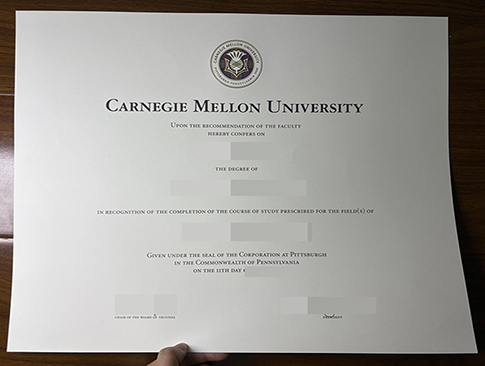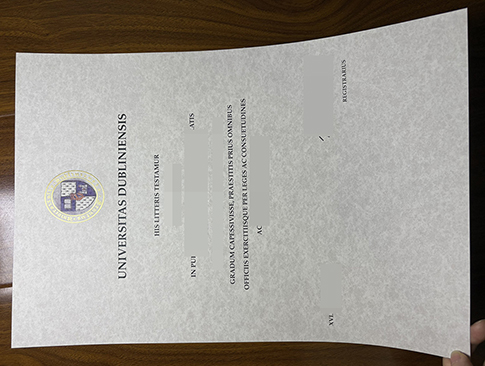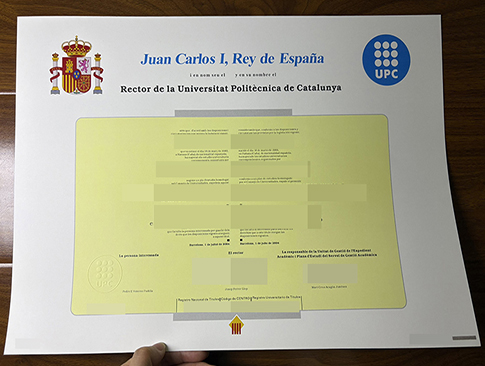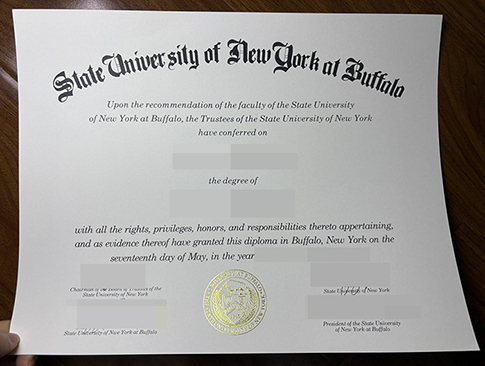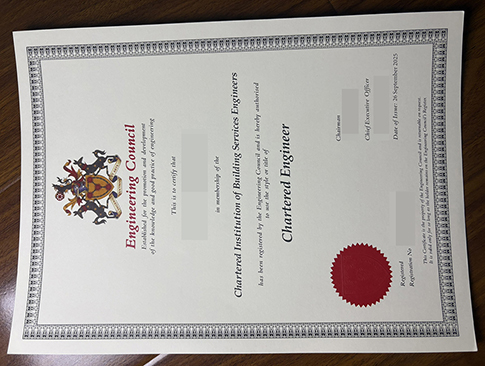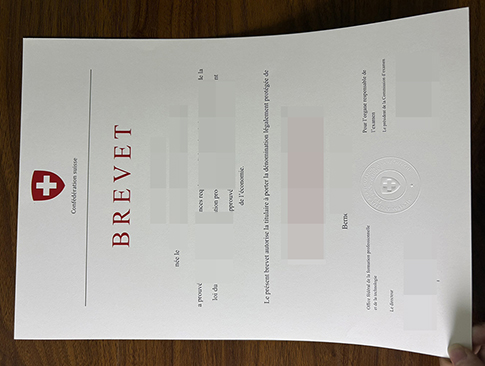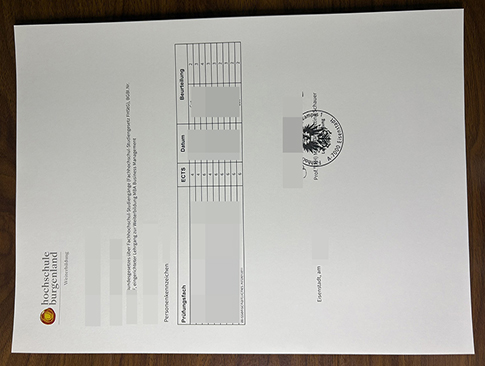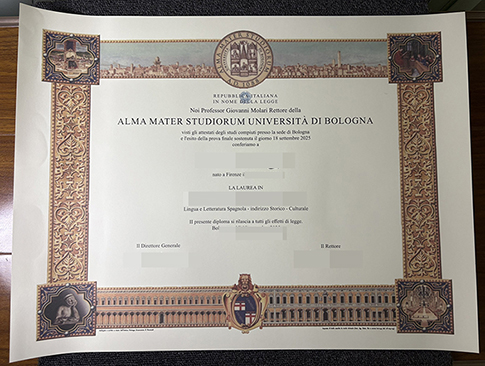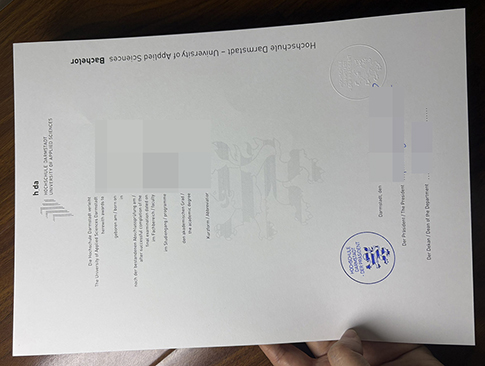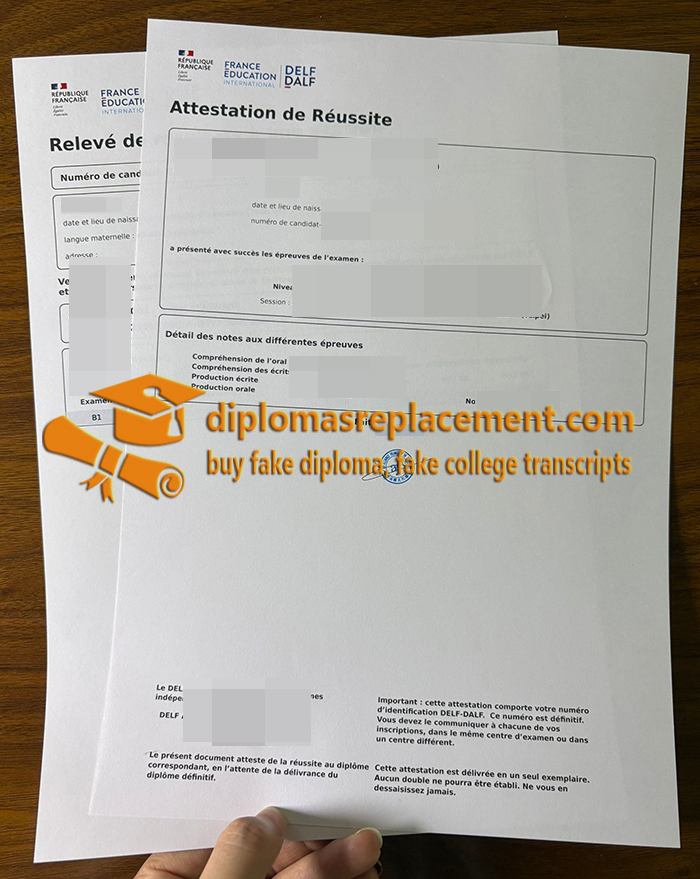
For language learners, reaching an intermediate plateau can feel both rewarding and daunting. buy fake DELF B1 transcript, You’ve moved beyond the basics, but true fluency still seems distant. The DELF B1 (Diplôme d’Études en Langue Française) is precisely the milestone that marks the transition from a basic speaker to a confident and independent user of the French language. More than just an exam, it is a official validation of your ability to navigate the real-world complexities of French.
Is it possible to get a fake DELF B1 transcript online?
Administered by the French Ministry of Education, the DELF B1 is an internationally recognized certification that serves a multitude of purposes. For students, it can be a requirement for entry into certain French universities or preparatory programs. For professionals, it demonstrates a functional level of French that is highly valued by employers in multinational companies. For immigrants to France or other Francophone countries, it is often a key requirement for a long-term residency permit or citizenship application, serving as proof of successful integration.
So, what does “independent” really mean at the B1 level? The Common European Framework of Reference for Languages (CEFR) defines a B1 user as someone who can handle most situations likely to arise while travelling in a French-speaking region. fake DELF B1 transcript generator, Crucially, you can produce simple connected text on familiar topics, describe experiences and events, and briefly give reasons and explanations for opinions and plans. You are no longer just reacting to simple questions; you are beginning to sustain a conversation, argue your point of view, and deal with unexpected situations.
The exam itself is designed to comprehensively assess these skills through four components:
1. Listening Comprehension: You will need to understand the main points of clear standard speech on familiar matters, such as radio announcements, interviews, or everyday conversations.
2. Reading Comprehension: You will be tested on your ability to grasp the essential information from texts like newspaper articles, advertisements, and personal correspondence.
3. Written Production: This section requires you to express yourself in writing. You might be asked to write a personal letter, an essay expressing an opinion, or a story narrating an experience.
4. Oral Production: This is often the most challenging yet rewarding part. It is divided into three tasks: a guided conversation with the examiner, an interactive exercise based on a role-playing scenario (like resolving a problem at a store), and finally, stating and defending your opinion on a given document.

